city compost....crap
Anisten
14 years ago
Related Stories

GARDENING GUIDESGet on a Composting Kick (Hello, Free Fertilizer!)
Quit shelling out for pricey substitutes that aren’t even as good. Here’s how to give your soil the best while lightening your trash load
Full Story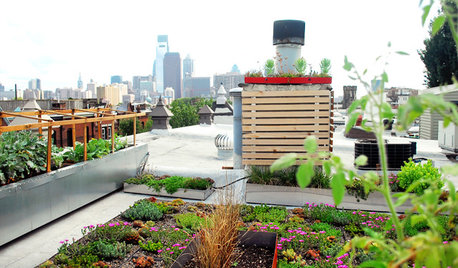
HOME INNOVATIONSNow Approaching the Emerald City
Urbanites are spraying moss graffiti on walls and covering roofs in plants — and city regulators and designers are supporting the cause
Full Story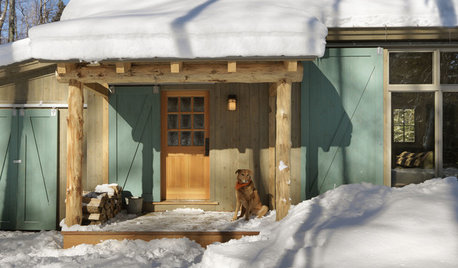
RUSTIC STYLE10 Cabin Rental Basics for City Slickers
Stay warm, dry and safe while you’re enjoying winter cabin life with this valuable advice
Full Story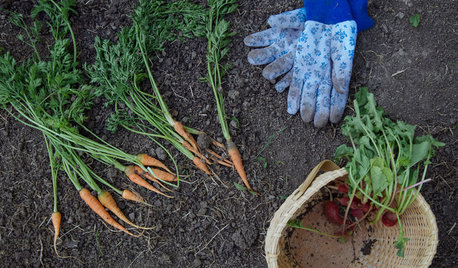
FARM YOUR YARDMy Houzz: Backyard Farming for a Kansas City Family
A backyard garden provides a family of 5 with organic seasonal produce. Here's how they do it
Full Story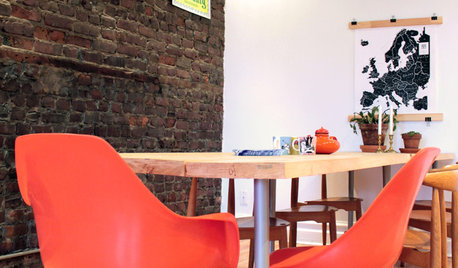
DECORATING GUIDES23 Ways to Put Your Home in Hipster City
Be one of the cool kids no matter what your age, with these tips for giving your home a creative, colorful or edgy vibe
Full Story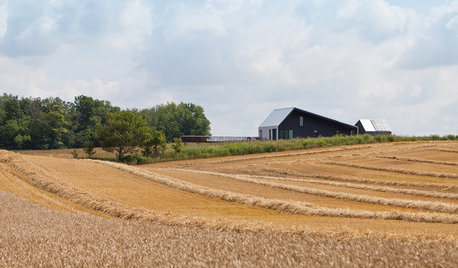
GREEN BUILDINGOff the Grid: Ready to Pull the Plug on City Power?
What to consider if you want to stop relying on public utilities — or just have a more energy-efficient home
Full Story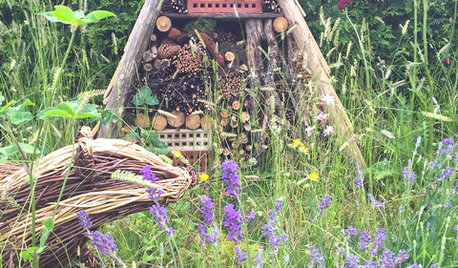
GARDENING GUIDESHow to Create a Rustic Garden, Even on a Tiny City Plot
Flea market and salvaged finds can give even the most urban garden the look and feel of a rural retreat
Full Story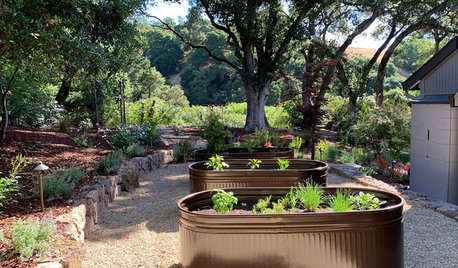
FARM YOUR YARD6 Things to Know Before You Start Growing Your Own Food
It takes time and practice, but growing edibles in the suburbs or city is possible with smart prep and patience
Full Story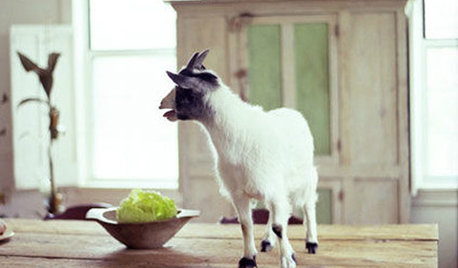
LIFEEasy Green: Modern Homesteaders Stake a Claim
With more options for raising chickens, growing edibles and keeping bees than ever, suburban and city folk are rediscovering a lost art
Full Story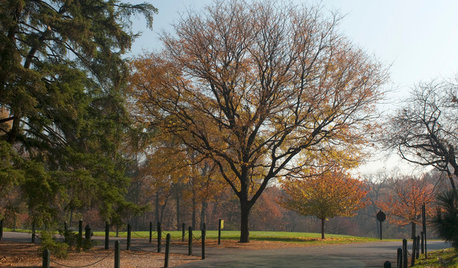
GARDENING GUIDESGreat Design Plant: Honey Locust Tree
No, it doesn't actually produce honey. But its dappled light and tolerant nature are treats in city and country settings alike
Full Story


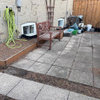
Kimmsr
organicguy
guardenman
AnistenOriginal Author
novice_2009
guardenman
AnistenOriginal Author
tiny1
organic_jeannie
zardthegardener
rdak
flowersnow
franktank232
cindy_l
zardthegardener
organicguy
zardthegardener
veracan
terrene
terran
rae_stl
AnistenOriginal Author